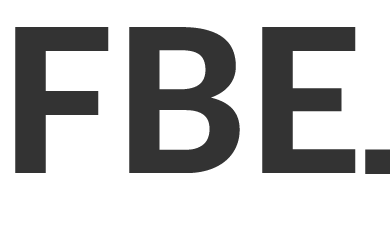Tax Planning And Optimization For Business Owners
The only certainties in life are death and taxes. Though you won’t be able to cheat death, with some planning and wise choices, you may be able to lower or eliminate your tax bill. Federal tax laws and rules constantly change, and each state has its own tax laws, so talk to an accountant or attorney before making financial decisions that may impact your taxes now and in the future.
How Organized Are Your Books?
If you do your bookkeeping, or it’s done by an employee who’s not doing a good job, your mess may prevent you from lowering your taxes. Your records need to be organized and accurate. If not, you don’t have a clear picture of your income, costs, and debts, so you won’t know for sure what deductions or credits you may qualify for.
Is Your Business Entity Costing You More Taxes?
The correct business entity may improve your business’ tax efficiency. Each type has its pros and cons, including their tax impact. Given your taxes and other issues going on with your business, a different entity may serve you better.
Can You Take More Deductions To Lessen Your Taxable Income?
As a lawyer, like a business litigation lawyer from a law firm like Focus Law LA can tell you, every eligible business expense you pay can lower your taxable income. As your taxable income decreases, so do your taxes and savings increase if they put you into a lower tax bracket. There are many deductions. They include:
- Offer Employees Fringe Benefits. Wages are increasing, and so are income taxes. One way to make your business more attractive to employees and job applicants while not boosting wages (or increasing them less) is to offer improved fringe benefits. Some tax-exempt benefits include health and life insurance, childcare assistance, employee meals, and tuition reimbursement.
- Optimize Your Retirement Savings. Using the right retirement plan and putting aside the maximum amount possible will add deductions to lower your taxable income. You may need to change your retirement plans to reflect your current situation. Should you have a traditional IRA or set up a 401(k) plan and Cash Balance Plan (which may work well for you if you’re 50 or older and earn $500,000 or more annually)?
- Carryover Deductions. If you can’t use a given tax deduction this year, you may be able to carry it forward to use in a future year. On the flip side, a deduction available now may not exist or be worth less in the future. You might be better off incurring that cost and earning that deduction sooner rather than later.
- Hire Your Kids. If they’re doing legitimate, age-appropriate work and they receive reasonable compensation, hiring your kids can have tax benefits for your business and them. Deducting their pay from your business income can lower your taxable income. If they’re younger than 16, depending on your business type, you won’t need to take Medicare and Social Security taxes from their pay. They won’t be liable for federal income taxes if their income is less than the standard deduction ($13,850 for 2023).
Are You Missing Out On Tax Credits?
Deductions lower taxable income, and tax credits cut how much you pay in taxes. Credits may include research and development costs, installing solar power, and paying for employees’ childcare benefits. You’re probably focused more on running your business, cutting costs, and increasing your revenue than planning for your business taxes. Ignoring their impact makes your job harder. If you lack the expertise, desire, or resources to do this, talk to an accountant or tax attorney to see how they can help, so schedule an appointment at your earliest convenience.

